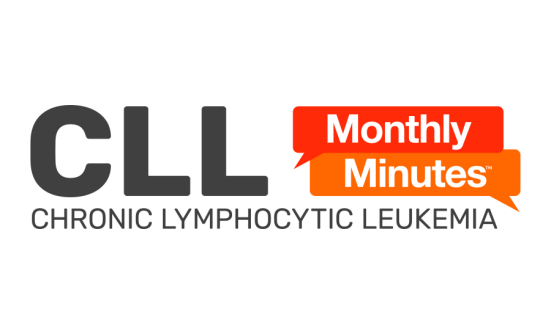Based on a recent survey of more than 1000 employers, it is predicted that the cost of healthcare coverage will rise by 4.4% in 2021. This is slightly higher than the estimated 3.3% increase that was seen in 2020, although similar to the annual cost increases seen since 2012, which ranged from 2% to 4%.
The survey was performed by the human resources consultancy Mercer, whose estimate of healthcare cost increases was slightly lower than another recent forecast by the nonprofit Business Group on Health that projected a 5.3% increase in healthcare premiums for 2021. However, Mercer’s projection is similar to the forecast made by another consultancy, PwC’s Health Research Institute, which estimated that costs would increase somewhere between 4% and 10%.
Although healthcare benefit costs have been rising steadily and consistently for nearly a decade, it should be noted that this growth is far outpacing the consumer price index and wage growth, which have both slowed significantly. The COVID-19 pandemic has only increased economic uncertainty, as previous projections for healthcare utilization have needed heavy revision as large numbers of people are choosing to delay or forgo care to avoid contracting the virus. In fact, 2020 may be the first year since 1960 that there is a decrease in national healthcare expenditures per person from the previous year.
Nevertheless, the majority of Mercer survey respondents (57%) do not plan to make any changes to reducing the cost of their medical plans in 2021. Compared with the recession in 2008, in which many employers sought to trim health benefits as a cost-saving measure, most employers this year appear to be putting off big changes out of compassion for their employees. Only 18% of survey respondents anticipate shifting more healthcare expenses to employees, for instance by raising deductibles and/or copays.
Given the reduced healthcare utilization seen in 2020, there remains the possibility for a rebound of higher utilization in 2021. Healthcare systems may consider raising prices to recoup their lost 2020 revenue, although it should be noted that the rapid adoption of digital health over the past year is driving greater efficiency, better health management, and improved satisfaction. All of which may help to control costs.
Another survey conducted by the consultancy Segal highlights the uncertainty seen in projecting healthcare costs for the upcoming year. Results from the Segal study, which covered 70 health insurance providers that collectively represent more than 80% of the commercially insured and self-insured market, suggest that per-person costs could increase anywhere from 6.6% to 7.7%, depending on the plan.
Reference
Miller S. Moderate Cost Increases Projected for Health Benefits in 2021. SHRM Online. October 2020. www.shrm.org/resourcesandtools/hr-topics/benefits/pages/moderate-cost-increases-projected-for-health-benefits-in-2021.aspx. Accessed January 10, 2021.















